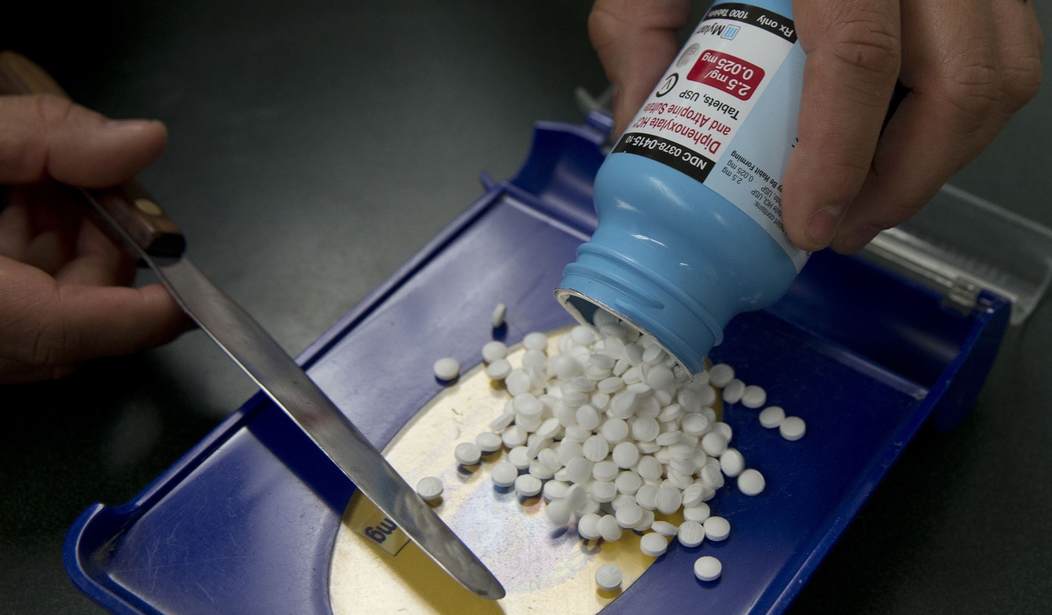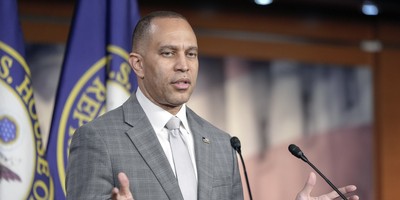One of the most notable political eyesores of recent years has been the issue of high drug prices. Since 2015, the public has been hungry for a solution to this problem. Indeed, even in 2015, there was a level of bipartisan agreement that drug prices were too high that today would be seen as shocking. According to a December 2015 poll from the Harvard T.H. Chan School of Public Health, 80 percent of Democrats and 70 percent of Republicans agreed on this issue. Moreover, more than 90 percent of all voters saw pharmaceutical companies’ pricing decisions as unreasonable.
Given that numbers like this existed before most of the reporting on the opioid crisis and its pharma-driven origins, or the multiple pricing scandals that rocked companies the world over, it’s no surprise that pharmaceutical companies want to get out of the way of this boiling public outrage over the issue. In fact, recently, they have made every attempt to lay blame at the feet of other actors in the healthcare sector, from hospitals to health insurers.
One can’t blame them. No one wants to be at the center of a crisis. But understanding why an industry is pushing an argument, and accepting that argument as true, are completely different things. And make no mistake, conservatives are in a unique position to understand why Pharma’s attempt at self-exculpation should not be accepted: because it has tried to kill the very policies that would lower prices by cracking down on corporate welfare or promoting market forces in America’s health sector.
So if Pharma wants to stop being blamed for high drug prices, I have a couple of suggestions for where it might change its policy focus.
Firstly, it should stop trying to kill the Inter Partes Review process for patents – that is, the process by which the US Patent and Trademark Office’s (USPTO) Patent Trial and Appeal Board (PTAB) decides whether patents have been incorrectly granted, or incorrectly had their lifespan extended. This process, which looks increasingly likely to be upheld by the Supreme Court as constitutional, has been in Pharma’s crosshairs for some time, even though it has done nothing to hurt Pharma’s ability to develop new, life-saving drugs. What it has done is occasionally put the brakes on Pharma’s ability to engage in evergreening – ie, extending patents indefinitely on extremely flimsy pretexts in order to be able to continue pricing their drugs at monopoly levels. Not coincidentally, evergreening is a major driver of high drug prices.
Recommended
Secondly, once pharmaceutical industry patents do actually run out, the industry should stop trying to preserve its ability to halt generic drug companies from producing generic versions of their brand name products on bogus pretexts. According to a Kaiser Health Tracking poll, 87 percent of Americans favor making it easier for generic drug companies to bring their own drugs to market as competition for Big Pharma. Legislation like the CREATES Act of 2017 is designed to promote this common sense approach, while balancing it with the demands of public health. Pharma should get out of the way of such measures.
Thirdly, the industry needs to quit acting as if it is entitled to taxpayer money with no strings attached. 92 percent of Americans favor letting the federal government negotiate drug prices with Pharma directly through Medicare, and President Trump even made similar noises. Yet Pharma tries to kill not only this admittedly interventionist idea, but even much more light touch, voluntary programs like the 340B drug pricing program, which only requires them to offer drugs at a cheaper price to certain public health clinics and safety net hospitals in exchange for access to the massive pot of taxpayer money that is used for Medicare Part B. This is an easy trade for any rational economic actor to accept, but Pharma apparently wants to get all the corporate welfare with none of the responsibility, and has tried to stack even the Trump White House with people who agree. Fortunately, Congress is not so stacked, as Sen. John Thune (R-SD) and Rep. David McKinley (R-WV) have both made efforts to stop the undermining of 340B through last ditch legislation. They can’t keep lobbying for it to be easy for them to charge higher prices, and then complain when people blame them for those prices.
Pharma’s unwillingness to cooperate with all three of these good faith measures, each of which is aimed at either introducing market forces into healthcare, or at setting conditions on their feeding at the public trough, puts the lie to their attempt to claim that high drug prices are not their fault. When you lobby for the right to impose something unpopular without consequences every day, you cannot then claim no culpability when the consequences arrive. One only hopes that the President and GOP Congress will hold the industry’s feet to the fire in the coming year.
























Join the conversation as a VIP Member